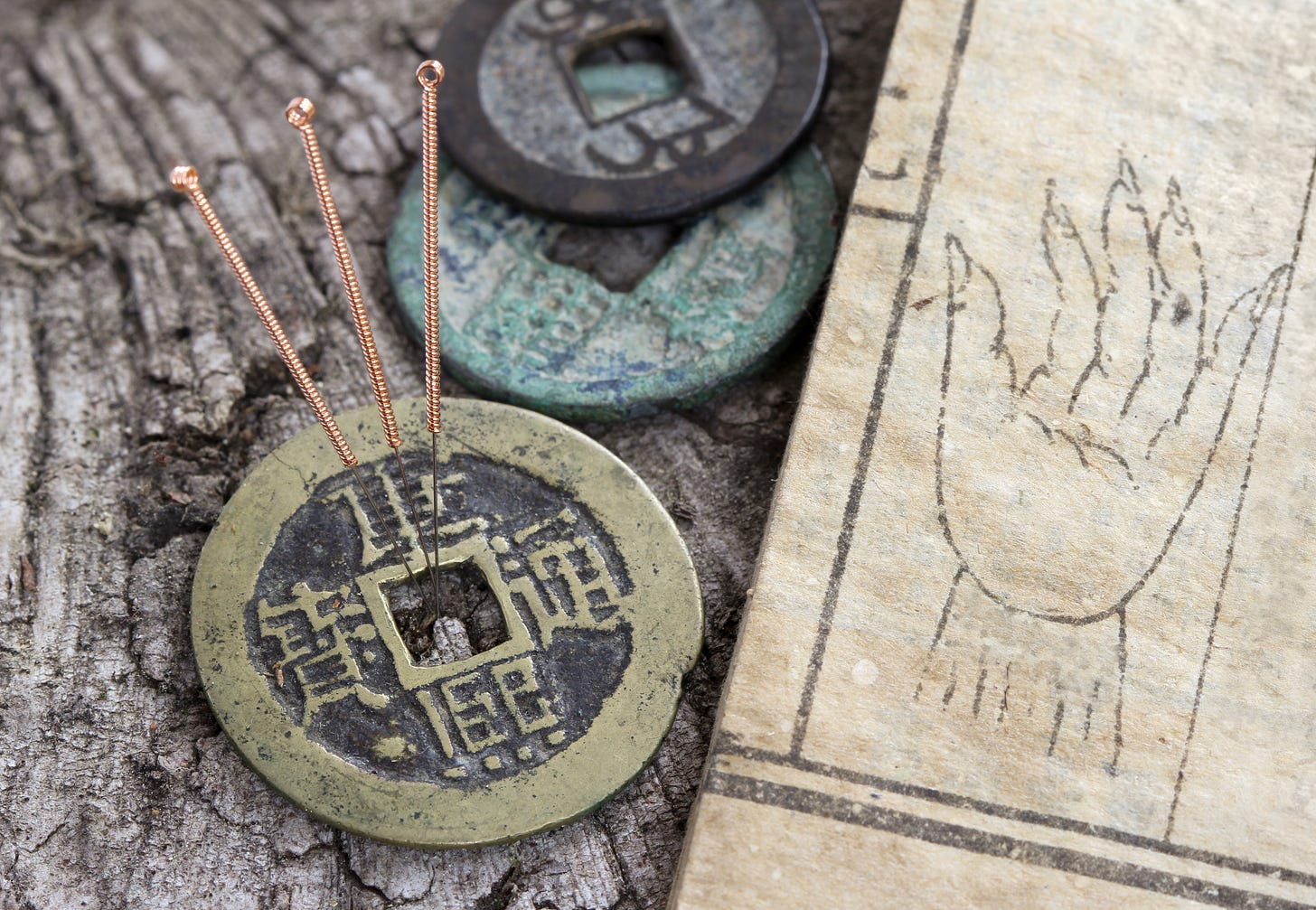Chinese Mind-Body Energetics: Integrating Eastern and Western Science
Practitioners of Chinese medicine have a direct role to play in the realm of wellness-oriented clinical energetics. During their clinical practice, these practitioners can actively influence the process by adjusting their focus of mind (referred to as Xin—HeartMind), regulating their breath, aligning their body and posture, refining their language, purp…



